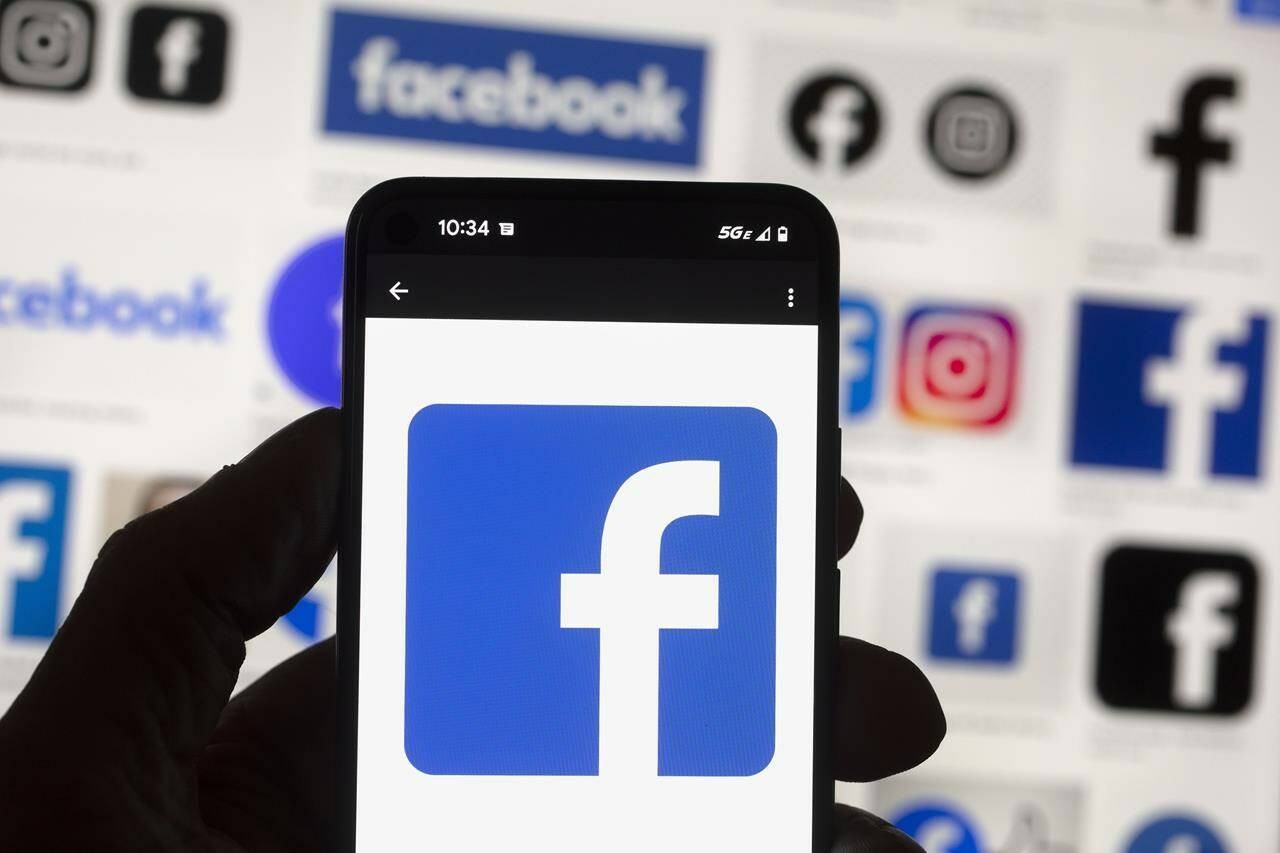New UK Internet Safety Law: What You Need to Know

A comprehensive internet safety law recently passed by British MPs intends to control digital and social media giants including TikTok, Google, Facebook, and Instagram parent company, Meta. The law has motivated discussions on how to strike a balance between internet safety, privacy, and freedom of speech.
- Content Removal: Social media platforms are required to remove offensive language, hate speech, materials supporting terrorism, and material encouraging self-harm. Additionally, they are in charge of stopping such content from emerging and giving users additional power, such as the option to block anonymous trolls.
- Child Protection: The law takes a "zero tolerance" stance to protect children online. Even if it's not against the law, platforms must stop kids from viewing potentially hazardous or age-inappropriate content. Pornographic material, cyberbullying, and anything that exalts eating disorders or gives self-harm advice fall under this category.
- Age Verification: Social media networks will be obliged by law to confirm that users are at least 13 years old, while porn websites must confirm that users are at least 18 years old.
- Cyberflashing: Sending unauthorized obscene photographs over the internet is illegal under the law.
No matter where they are located worldwide, all internet service providers that UK users can access are subject to the law. Up to £18 million in fines, or 10% of annual global sales, can be imposed for noncompliance. For failing to cooperate with UK regulators or for disobeying orders linked to child sex abuse and exploitation, senior managers might also face criminal prosecution and prison terms.
Criticisms and Concerns
Digital rights organizations have voiced their worries, including the Open Rights Group in the UK and the Electronic Frontier Foundation in the US. They worry that platforms would be forced to choose between intrusive age verification techniques and thorough content sanitization. The law's attempt to control encryption technology may also result in backdoors that endanger user security and privacy.
In conclusion, the UK's new internet safety law transforms the digital environment and aims to shield users, especially children, from hazardous content. It also sparks discussions about the compromises between internet safety, privacy, and freedom of expression.

